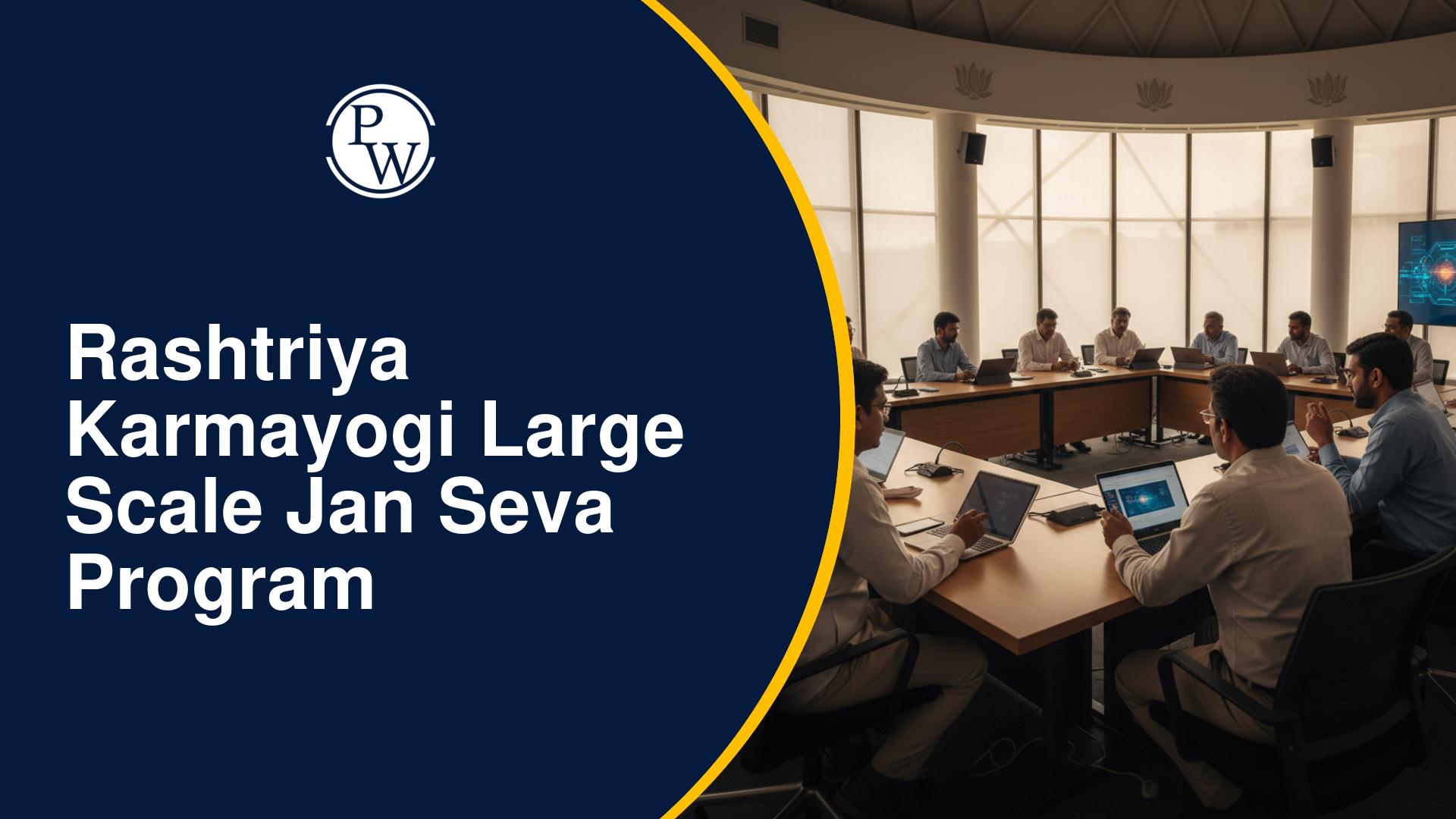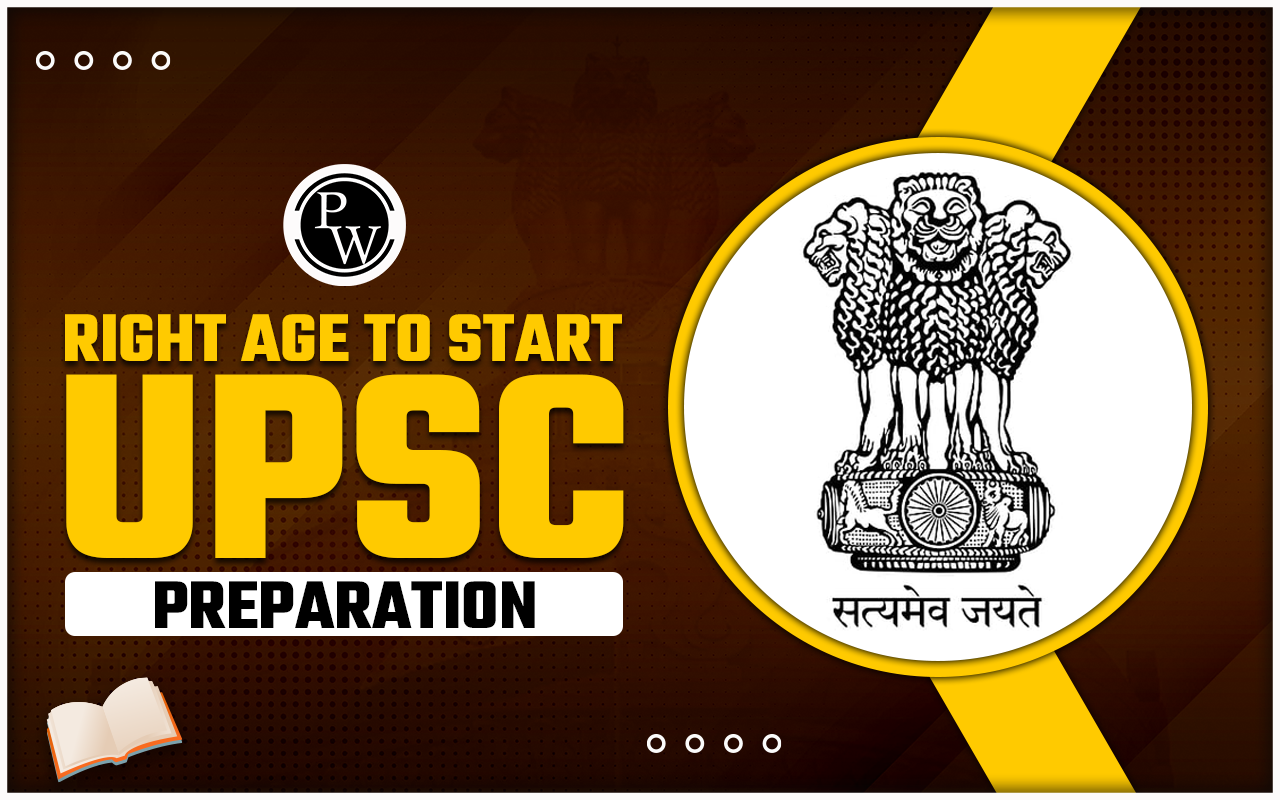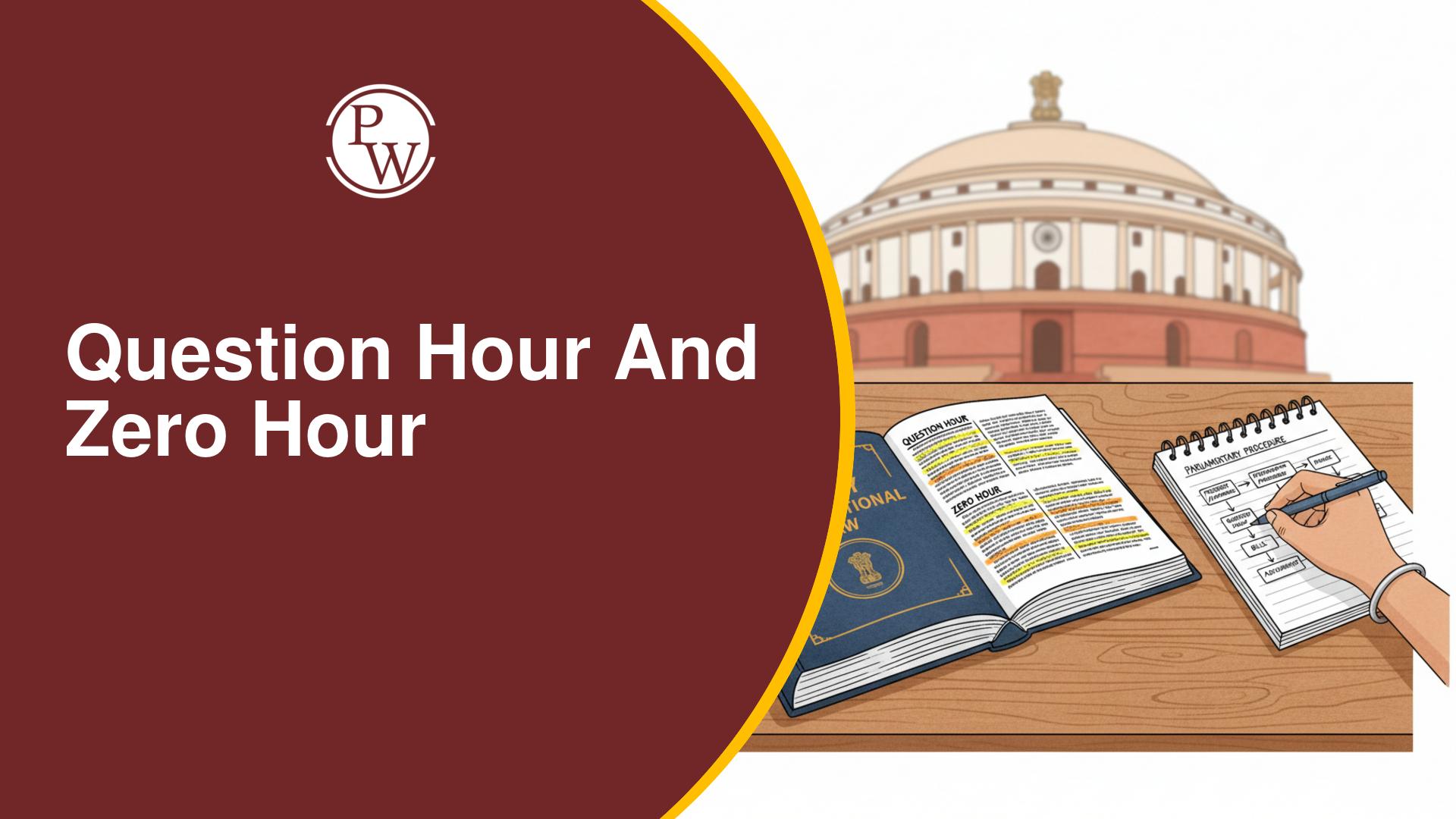
Rabindranath Tagore Jayanti 2025, on May 7th, will mark the 164th birth anniversary of the well-known writer and thinker Gurudev Rabindranath. Born during British rule, Tagore was a strong voice for Indian identity. He combined his love for literature with a deep commitment to social reform and national pride.
On Rabindranath Tagore Jayanti 2025, schools, colleges, and cultural organisations will organise poetry readings, essay competitions, and performances to celebrate his legacy. It is a moment to learn from his life and to share his message of peace, unity, and progress with the younger generation. Read on to learn more about him!
Rabindranath Tagore Jayanti 2025
Rabindranath Tagore Jayanti 2025 is a time to honour the birth anniversary of one of India’s greatest poets, philosophers, and thinkers. Every year, this day reminds us of the extraordinary life and works of Rabindranath Tagore, who reshaped Indian art, literature, and education. His thoughts and writings remain deeply rooted in Indian culture, yet they continue to influence the world.
| Rabindranath Tagore Jayanti 2025 Overview | |
| Date | May 7, 2025 (Wednesday) |
| Bengali Calendar | 25th Boishakh (Poncheeshe Boishakh) |
| Observed In | West Bengal, Tripura, Bengali communities worldwide |
| Significance | Birth anniversary of Rabindranath Tagore (born May 7, 1861) |
| Major Venues | Kolkata (Jorasanko Thakurbari, Rabindra Sadan), Santiniketan (Visva-Bharati University) |
| Key Celebrations | Rabindra Sangeet performances, poetry recitations, dance dramas, plays, art exhibitions, etc. |
| Legacy | Nobel laureate, composer of national anthems of India & Bangladesh, founder of Visva-Bharati |
Rabindranath Tagore Jayanti Date 2025
Rabindranath Tagore Jayanti Date 2025 falls on Wednesday, 7 May 2025, according to the Gregorian calendar. However, the traditional Bengali calendar marks his birthday on 25th Boishakh, which varies slightly every year. It is also known as Ponchishe Boishakh in West Bengal. People across India, especially in Bengal, will celebrate the day with devotion, remembering him and his contribution.
Rabindranath Tagore Biography
Rabindranath Tagore was born on 7 May 1861 in Jorasanko, Kolkata, into a culturally rich and progressive family. His father, Debendranath Tagore, was a leader of the Brahmo Samaj, and his mother was Sarada Devi. Tagore was the youngest of thirteen children. From a young age, he showed a deep interest in poetry, music, and storytelling.
Here is a brief biography of Rabindranath Tagore:
| Rabindranath Tagore Biography | |
| Also Known As | Rabindranath Thakur, Gurudev |
| Birth | 7 May 1861, Jorasanko, Calcutta (now Kolkata), India |
| Parents | Debendranath Tagore (father), Sarada Devi (mother) |
| Early Life |
|
| Family | Married Mrinalini Devi in 1883; had five children. |
| Major Works | Gitanjali (Song Offerings), Gora, Ghare-Baire (The Home and the World), Manasi, Galpaguchchha, among others. |
| Literary Career | Poet, novelist, playwright, essayist, composer, painter; introduced new prose and verse forms and modernized Bengali art and literature. |
| Educational Reforms | Founded an experimental school at Santiniketan in 1901, which became Visva-Bharati University, promoting holistic and creative education blending Indian and Western philosophies. |
| Nobel Prize | First non-European to win the Nobel Prize in Literature in 1913 for Gitanjali. |
| Other Honors | Knighted by the British in 1915, renounced knighthood in 1919 to protest the Jallianwala Bagh massacre. |
| Philosophy | Advocated universal humanism. |
| Social Contributions | Promoted rural reconstruction, founded Sriniketan for rural education, and was active in social and political reform movements. |
| Death | 7 August 1941, Calcutta (Kolkata), India. |
| Legacy | Revered as the "Bard of Bengal" and "Gurudev,"; left a lasting impact on literature, music, education, and social thought in India and worldwide. |
Rabindranath Tagore’s Contributions to Freedom Movement
Rabindranath Tagore’s contributions to India’s freedom movement were based on non-violence, education, and self-reliance. Although he was not a political leader, his writings inspired a sense of nationalism in Indians. Some of his key contributions to freedom movements include;
-
Critic of British Rule: Tagore openly condemned British imperialism and protested policies like the partition of Bengal.
-
Renunciation of Knighthood: In 1919, he returned his knighthood to protest the Jallianwala Bagh massacre, sending a strong message against colonial brutality.
-
Literary Inspiration: His writings and songs inspired patriotism and self-reliance; his works became symbols of India’s freedom movement.
-
Educational Reforms: Tagore founded Visva-Bharati University to promote creative, holistic learning and counter colonial education.
-
Nonviolent and Universalist Approach: He supported freedom nonviolently and warned against extreme nationalism, advocating global human values.
-
Support for Boycotts and Swadeshi: He backed the boycott of British goods and encouraged self-reliance, while critiquing excesses in the movement.
Literary Contributions of Rabindranath Tagore
The literary contributions of Rabindranath Tagore are vast and timeless. He wrote in Bengali and later translated many of his works into English. His writing covers poetry, short stories, novels, dramas, and essays. Here are some of his major literary contributions:
-
Chokher Bali (1903): A powerful story on widowhood and love.
-
Gitanjali (1910; "Song Offerings"): A collection of poems that earned him the Nobel Prize.
-
Other Notable Poetry Collections: Include Manasi (1890), Sonar Tari (1894; "The Golden Boat"), Gitimalya (1914), and Balaka (1916)
-
Gora (1910): A novel dealing with social and political issues in colonial India.
-
Ghare Baire (1916; "The Home and the World"): Critiques rising nationalism and religious zeal during the Swadeshi movement.
-
Some of his most famous stories include Kabuliwallah, The Postmaster, and Haimanti.
-
Some of his notable plays include Visarjan (Sacrifice), Dak Ghar (The Post Office), Chandalika (Untouchable Girl), etc.
-
He also composed over 2,000 songs, now known as Rabindra Sangeet, blending classical Indian music with lyrical depth.
His songs like Ekla Chalo Re still inspire millions. Notably, he composed the national anthems of India (Jana Gana Mana) and Bangladesh (Amar Shonar Bangla), and influenced the national anthem of Sri Lanka.
Famous Quotes by Guru Rabindranath Tagore
Famous quotes by Guru Rabindranath Tagore continue to inspire people across the world. His words are filled with wisdom, peace, and inner strength. Below are some of his most memorable quotes:
|
“If you cry because the sun has gone out of your life, your tears will prevent you from seeing the stars.” “Let me not pray to be sheltered from dangers, but to be fearless in facing them. Let me not beg for the stilling of my pain, but for the heart to conquer it.” “I slept and dreamt that life was joy. I awoke and saw that life was service. I acted and behold, service was joy.” “You can’t cross the sea merely by standing and staring at the water.” “Faith is the bird that feels the light and sings when the dawn is still dark.” |
These quotes reflect his spiritual depth, positive thinking, and belief in human potential.
Rabindranath Tagore Jayanti 2025 Significance
The significance of Rabindranath Tagore Jayanti 2025 goes beyond just remembering a birthday. It is a day to celebrate Indian art, literature, philosophy, and patriotism. Tagore’s life was a shining example of creativity, learning, and compassion. He shaped modern Indian thought and gave Indians a voice of pride during colonial times.
On Rabindranath Tagore Jayanti 2025, the focus will be on promoting literature, encouraging young writers, and understanding the values of peace and harmony. His idea of education as a path to freedom is more relevant today than ever.
Educational institutions will organise events to spread awareness about his works. Cultural programmes showcase his poems, songs, and plays. Rabindranath Tagore Jayanti 2025 is not just a tribute to a great man but a reminder of India’s cultural pride.
Explore PW’s UPSC Courses to dive deeper into famous Indian leaders like Tagore and boost your UPSC preparation!
Rabindranath Tagore Jayanti 2025 FAQs
When is Rabindranath Tagore Jayanti 2025 celebrated?
Who wrote Gitanjali?
Why is Rabindranath Tagore famous?
What is the significance of Rabindranath Tagore Jayanti 2025?
What are some popular works by Rabindranath Tagore?

UPSC Coaching









